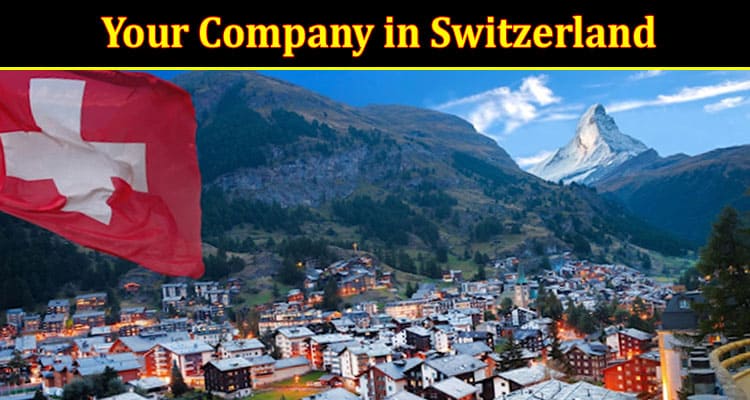Despite the fact that Switzerland has not become a member of the European Union it still has complete access to the European Single Market. The political situation in the country is famous for its stability. The legal system is very comprehensive and transparent which has always attracted many businessmen from abroad. Therefore, once you decide to make your startup Switzerland is the perfect place to make your dream come true.
Business performance in Switzerland implies an understanding of the local regulations, laws, and rules. Further, we will look through the main pros and cons of doing business in Switzerland and the most FAQs.
Advantages for business in Switzerland
- Financial facility. Banking is one of the largest sectors in Switzerland and does not require additional advertising. A huge part of the world’s assets is arranged via Swiss banks. Most foreign enterprises and individuals regard Switzerland as the only option when choosing a place for their investments. The reason for that is famous all over the world Swiss banking expertise, policy, and reliability that stand on the grounds of an old tradition of financial discipline and stability.
- Neutrality with regard to any event. This tradition began in the Medieval Ages after the country had fallen under France. Since that time, Switzerland takes up a neutral attitude toward any global event. Supreme diplomacy has become one of the distinguishing features of the country. Such diplomat abilities brought about the opportunity for Switzerland to take a stance of a neutral intermediary and become the place for most international treaty assemblies.
- Know-how and infrastructure. The country has one of the most competitive infrastructures with an elaborate network of roads. Switzerland is the top performer when it comes to technological progress and innovation. This country has the leading position in the number of applications for the grant of a patent, first-class research and development establishments together with skilled employees.
- Access to European countries. Switzerland does not belong to the EU but still has access to its market via an appropriate agreement. Being an autonomous country Switzerland managed to comply with some European regulations as far as the Single Market is concerned.
- Merchandise trade. Such Swiss cities as Lugano, Geneva, and Zug have become centers for commodity trade containing about 500 trading enterprises. All business operations in this sector are strictly regulated. The local government plays an essential role in reforms with regard to the trading sector. It constantly takes part in the improvement of fair trade and sustainable production.
Risks for business in Switzerland
- Absence of EU membership. Keep in mind that despite the fact that Switzerland has an agreement with the EU regarding some regulations it still does not comply with the rest of them. It may cause some additional adjustments in terms of business operations.
- Regulation. The market in Switzerland is known to be much regulated. Government is eager to render its preferences to certain domestic industries. The rules for data protection, some obligations, and employment laws are rather strict.
- Employment expenditure. In general, the average salaries in Switzerland are higher in comparison with European countries. The reason is that employees in the country are very skilled and are professionals in every aspect. It brings about higher expectations for
Corporate culture. The local business culture is traditionally more formal in comparison with the rest organizational cultures. Some norms of etiquette must be borne in mind in order to avoid awkward situations. For example, German-speaking parts of the country are famous for their demand for punctuality. This issue may seem to be unimportant but in Switzerland it may spoil your business reputation.
FAQs for business in Switzerland
- Why should I start a business in Switzerland?
The wealthy economy and liberal policy in the country are attractive to many potential and current investors. Switzerland is a leader in technological advancement and is proud of its highly skilled workers. Availability of the EU Single Market.
- What are the main risks for business in Switzerland?
Rather strictly regulated market. Some local requirements differ from the EU standards. High expenses for employment and property should be taken into consideration as well.
- What is company income tax?
The rate of corporate tax varies from 12 to 23%. The amount of rate depends on the canton.
- What types of business entities are available?
Almost all entity types are present in the country. The most widespread are JSC and LLC.
- What is the average time to register my business in Switzerland?
It may take from one until four weeks. Mostly it depends upon the type of entity.

